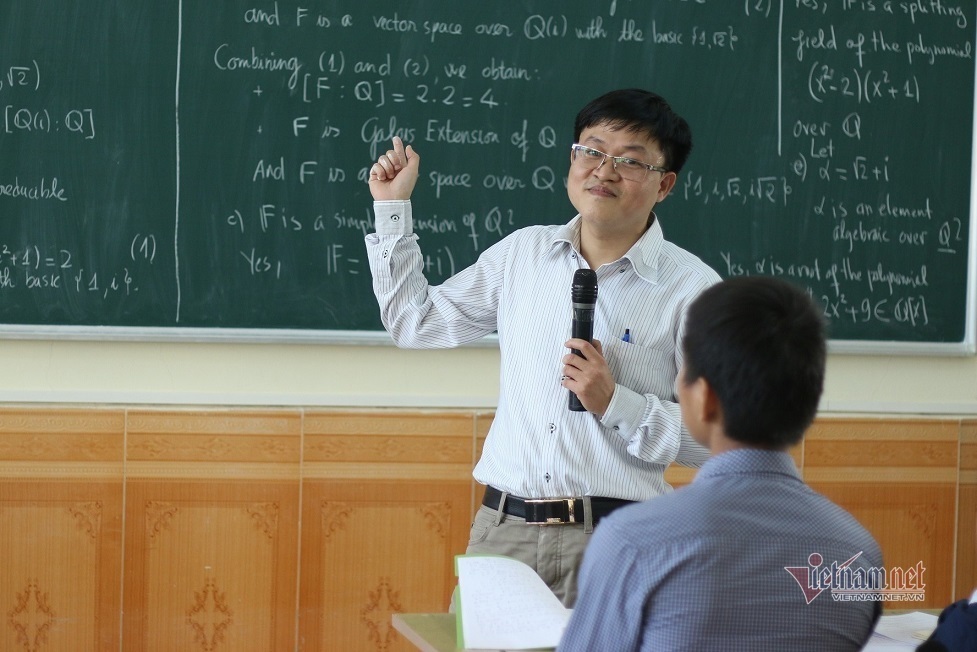In 2019, Vietnam had 73,312 university lecturers working at 237 universities and academies, 37 research institutes, 33 pedagogical junior colleges and 2 intermediate vocational schools (2-year training).

Of these, nearly 21,000 lecturers had a doctorate (over 28 percent), and more than 44,700 had a master’s degree (60.9 percent). The figures were double that of 2005, when only 12 percent of lecturers had a doctorate and 32 percent a master’s degree.
The current ratio of students to lecturers is 27. According to UIS, the ratio of students to lecturers in 2018 was 22 in Indonesia, 16 in Malaysia and 14 in South Korea.
The number of lecturers teaching at international programs has increased. Twenty higher education establishments are carrying out advanced training programs, mostly STEM and business, by using curricula in English from the world’s leading universities.
There are also about 350 training programs in international cooperation co-developed by 85 Vietnam universities and 258 universities from 33 countries. These include 86 French programs, 85 British, 84 American, 49 Australian, and 34 Chinese programs.
Seven schools meet international accreditation standards
According to Deputy Minister of Education and Training Hoang Minh Son, after nearly two decades, the assurance of higher education accreditation has gained initial achievements.
The educational sector learned from international practice on accreditation and chose a suitable path for Vietnam, issuing legal documents to guide implementation.
Most importantly, higher education establishments all understand the importance of quality assurance. Thanks to this, internal quality assurance (IQA) has developed well.
As of July 2020, 141 universities and 8 junior colleges had completed external assessments, recognized as meeting education quality standards. Of these, seven establishments met international standards.
As many as 311 training programs of the system were accredited, of which 190 programs were accredited in accordance with international standards.
Vietnam’s schools in world ranking
The Ministry of Education and Training (MOET) reported that the number of articles in international journals of higher education establishments has increased by three times compared with seven years ago.
As of the end of 2019, 256 universities, academies, junior colleges, and higher training research institutes were published in international publications. Of these, 11,118 publications, or 90.3 percent, were from to university education establishments.
Vietnam now ranks fifth in ASEAN in the number of articles in Scopus journals in 2015-2019, after Malaysia, Singapore, Indonesia and Thailand.
Vietnam has three universities listed among the top 1,000 in the world in 2020 Times Higher Educaiton’s ranking, namely Hanoi and HCM City National Universities, and the Hanoi University of Science and Technology.
Ngoc Linh

HCM City improves quality of pre-school education
HCM City has increased its budget allocation for preschool education and has called on the private sector to invest in building kindergartens to meet increasing demand.

Vietnam can 'export' education
As a lecturer at Deakin University in Australia, most of the research of Prof., Dr. Tran Thi Ly relates to Vietnam.